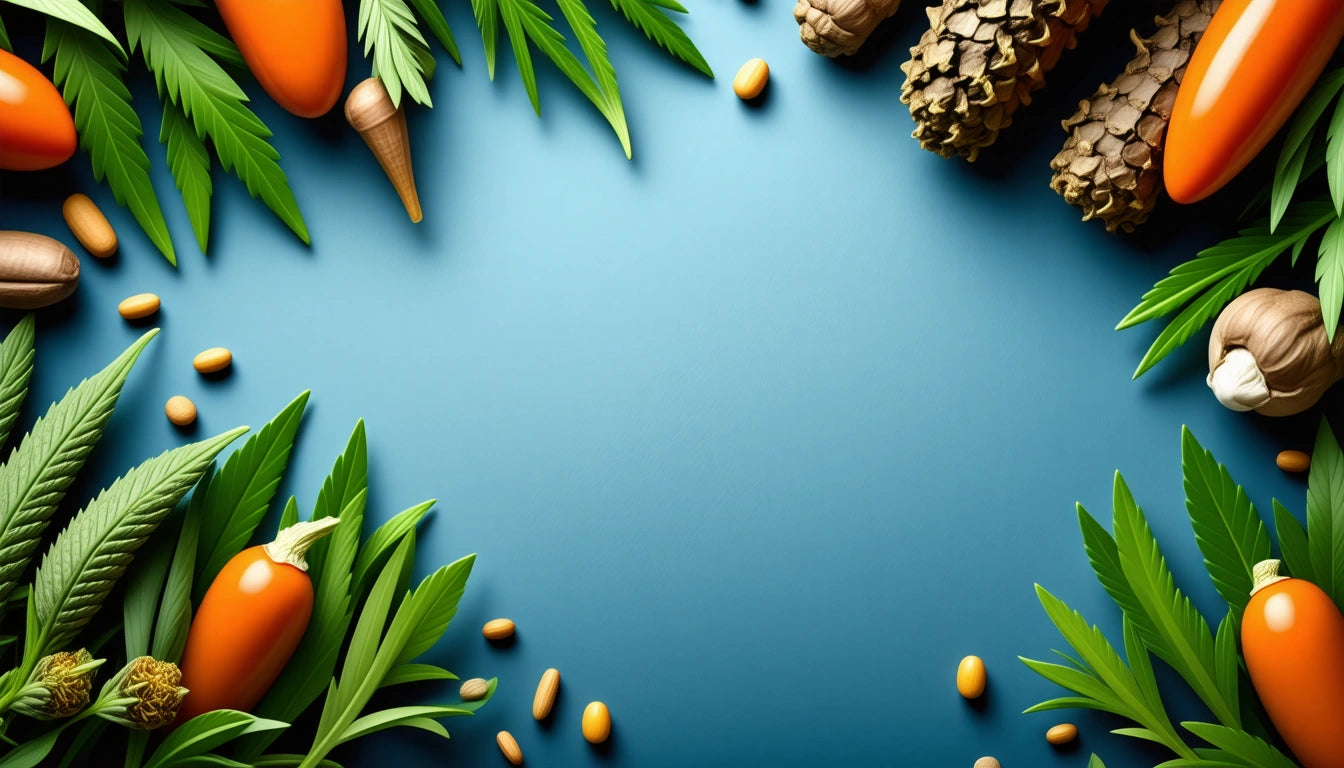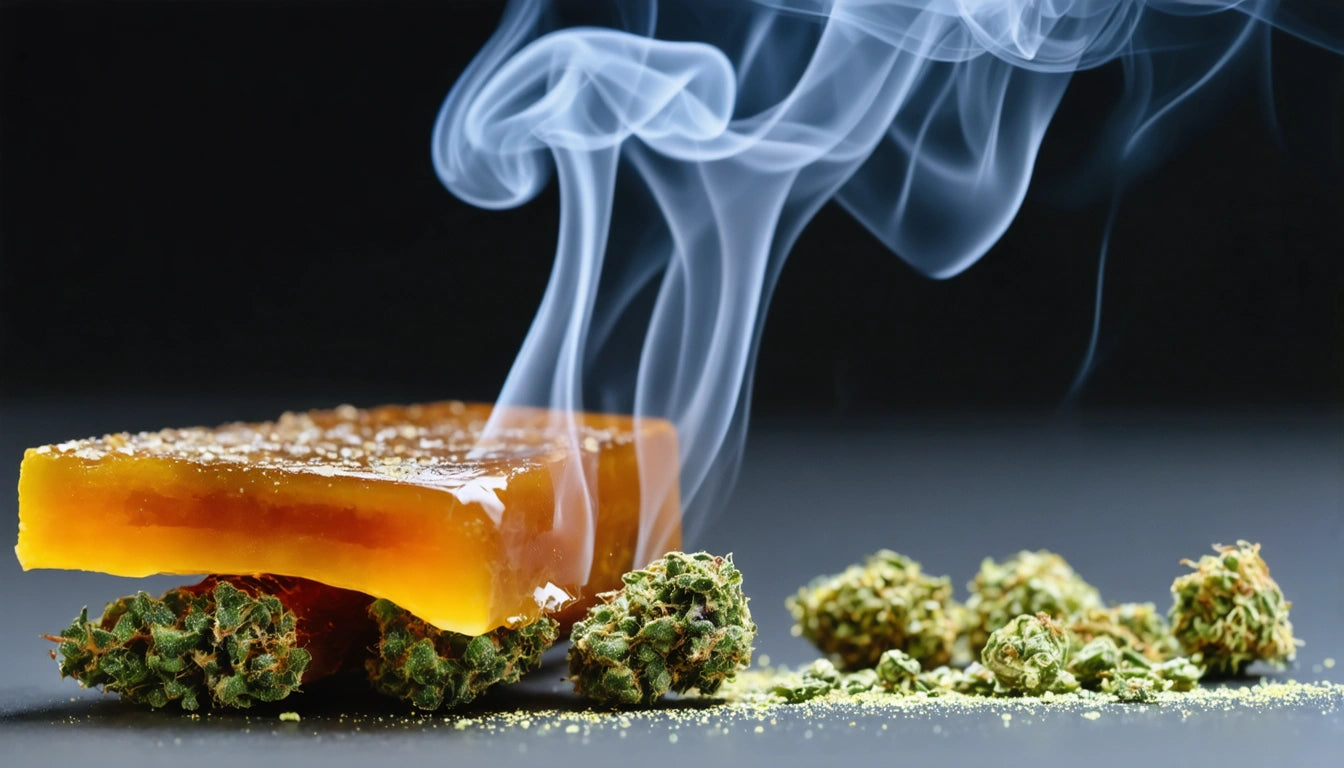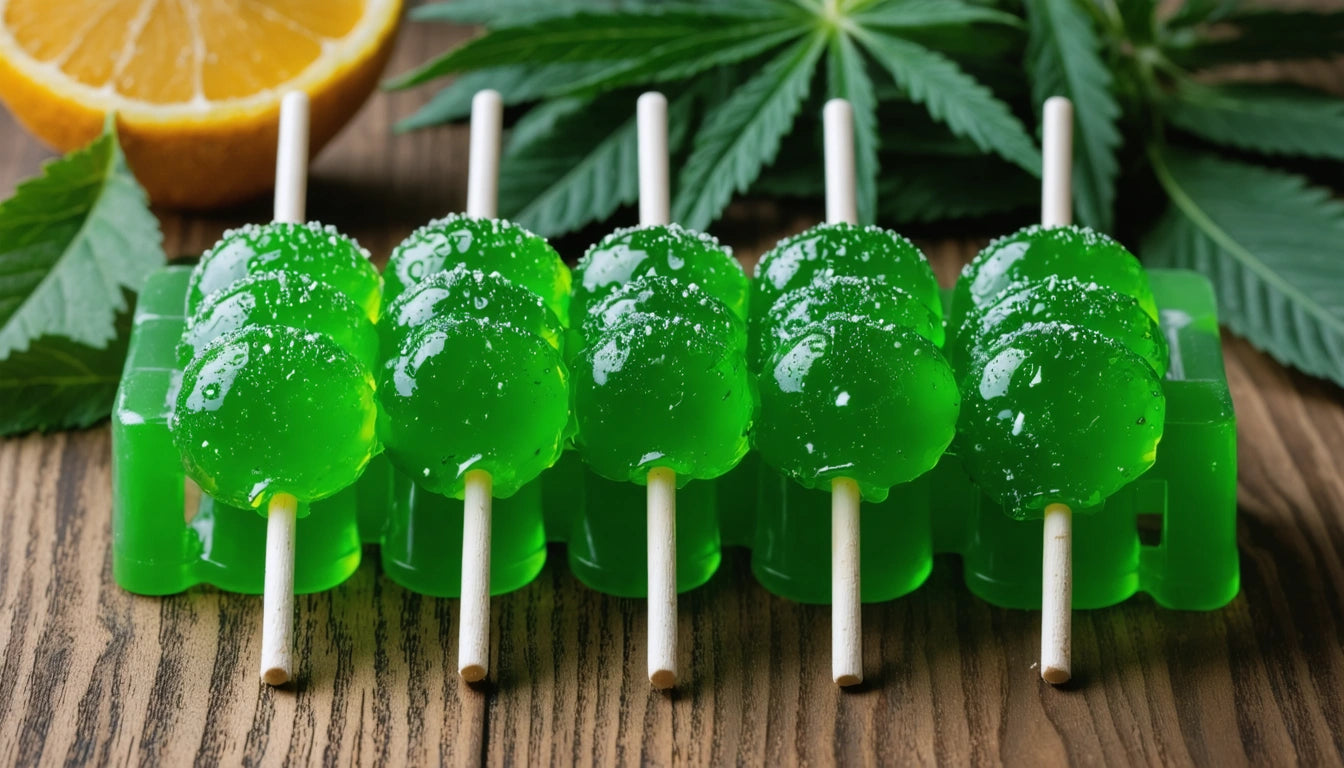Table of Contents
When to Plant and Grow Weed Outdoors: A Guide to Optimal Timing
Successful outdoor cannabis cultivation depends heavily on timing. Understanding when to plant weed outside can make the difference between a bountiful harvest and disappointing results. This guide covers the essential timing considerations for outdoor cannabis growing, from seed germination to harvest.
Understanding Cannabis Growing Seasons
Cannabis is an annual plant with distinct growth phases that respond to seasonal changes. When grown outdoors, cannabis follows natural light cycles that trigger vegetative growth and flowering.
The Cannabis Growth Cycle
The outdoor cannabis growing season typically spans 3-7 months, depending on your climate and strain selection. According to this comprehensive timeline, outdoor plants generally follow this schedule:
- Germination: 3-10 days
- Seedling stage: 2-3 weeks
- Vegetative stage: 3-16 weeks (highly variable based on planting time)
- Flowering stage: 6-12 weeks
- Harvesting window: 1-2 weeks
The total growing period typically ranges from 4-9 months, with longer seasons in warmer climates and shorter ones in regions with early frost dates.
When to Start Weed Seeds for Outdoor Growing
Knowing when to start weed seeds for outdoor growing is crucial for developing strong plants before transplanting outdoors.
Indoor Germination Timeline
Most successful outdoor growers start their seeds indoors 4-6 weeks before the final spring frost date. This head start allows seedlings to develop into hardy young plants ready for outdoor conditions. For most of the Northern Hemisphere, this means starting seeds in March or April.
When preparing for your grow, consider how you'll store your harvest. Many cultivators find that proper storage bags designed specifically for cannabis flower help maintain freshness and potency after all your hard work in the garden.
Optimal Planting Times by Region
The best time to plant outdoor weed varies significantly by geographic location. Here's a general guide by region:
Northern Regions (Canada, Northern US)
In colder northern climates, the outdoor growing season is compressed:
- Start seeds indoors: Early to mid-April
- Transplant outdoors: Late May to early June (after last frost)
- Expected flowering: August
- Harvest: Late September to early October (before first frost)
Middle Latitudes (Central US, Europe)
These regions offer a more forgiving timeline:
- Start seeds indoors: March to early April
- Transplant outdoors: Early to mid-May
- Expected flowering: Late July to August
- Harvest: Late September to mid-October
Southern Regions (Southern US, Mediterranean)
Warmer climates allow for longer growing seasons:
- Start seeds indoors: February to March
- Transplant outdoors: April
- Expected flowering: July to August
- Harvest: September to November
For more detailed information on regional timing, this resource on optimal outdoor growing timing provides specific guidelines for different climate zones.
Recognizing Flowering Triggers
Understanding when your outdoor weed plants will start flowering helps you prepare for the crucial final stages of growth.
When Will My Outdoor Weed Plants Start Flowering?
Cannabis is photoperiodic, meaning flowering is triggered when daylight hours decrease below a critical threshold, typically around 12-14 hours of light per day. In the Northern Hemisphere, this natural light shift occurs in late July to early August, depending on latitude.
According to this detailed guide on cannabis flowering, outdoor plants typically begin showing pre-flower signs 1-2 weeks after the summer solstice (June 21), with true flowering beginning 2-4 weeks later.
Strain Considerations
Different cannabis strains have varying flowering times:
- Indica-dominant strains: Generally flower earlier (6-8 weeks)
- Sativa-dominant strains: Typically require longer flowering periods (10-12+ weeks)
- Autoflowering strains: Flower based on age rather than light cycles (usually 7-10 weeks from seed)
When selecting strains for outdoor growing, consider your local first frost date and choose varieties that will complete flowering before cold weather arrives.
Harvesting Timeline Considerations
Timing your harvest correctly maximizes potency and yield. Most outdoor cannabis plants are ready for harvest in September or October in the Northern Hemisphere, though this varies by region and strain.
Signs Your Plants Are Ready
Monitor these indicators to determine optimal harvest timing:
- Trichome color: Clear trichomes turn cloudy, then amber as THC peaks
- Pistil color: White pistils darken to orange or brown
- Leaf color: Larger fan leaves may yellow and fall as plants direct energy to flowers
- Calyx swelling: Flower structures fatten and become more dense
For a comprehensive guide to the entire growing process from seed to harvest, this resource on outdoor growing provides detailed instructions for each stage.
Maximizing Your Outdoor Cannabis Harvest
Beyond just knowing when to plant outdoor weed, several timing-related strategies can significantly improve your results.
Consider staggering your planting dates by starting some plants earlier indoors while direct-sowing others later. This creates a natural succession of harvests and reduces the risk of losing your entire crop to a single weather event or pest outbreak.
The timing of supplemental feeding is also crucial. Transition from nitrogen-rich fertilizers during vegetative growth to phosphorus and potassium-heavy formulations when flowering begins. This nutrient timing aligns with the plant's changing metabolic needs.
Finally, remember that proper planning for the entire growing cycle, from germination through curing, leads to the best results. As outlined in this ultimate timing guide, successful outdoor cannabis cultivation is a season-long commitment that rewards careful attention to natural cycles and plant development signals.











Leave a comment
All comments are moderated before being published.
This site is protected by hCaptcha and the hCaptcha Privacy Policy and Terms of Service apply.